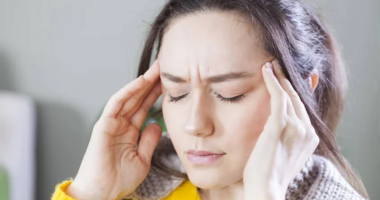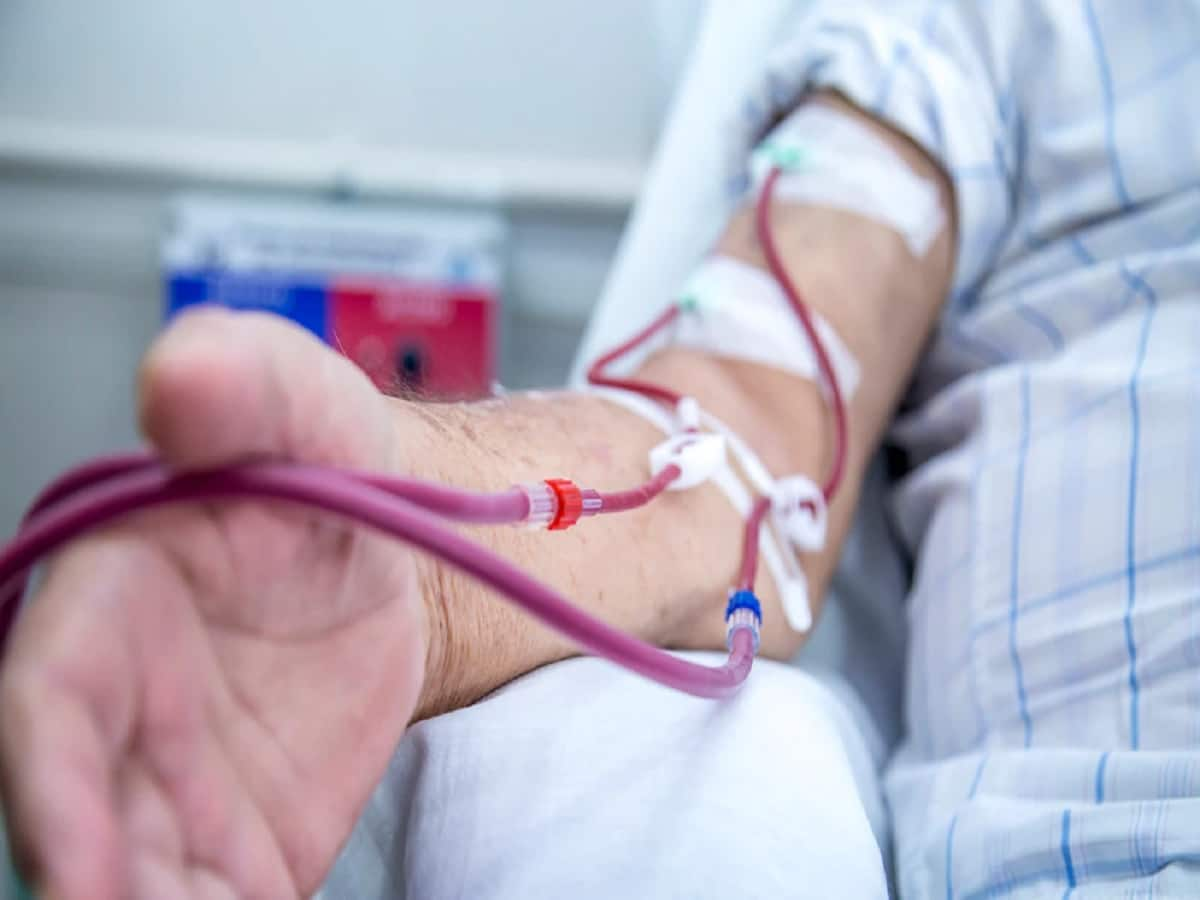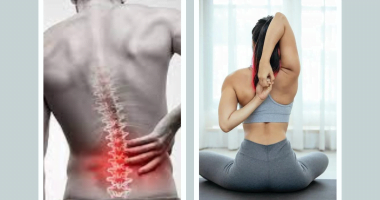Menopause And Heart Disease –  Sometimes, a woman might get her ovaries surgically removed amid certain health complications and this is termed premature menopause
Sometimes, a woman might get her ovaries surgically removed amid certain health complications and this is termed premature menopause
Menopause can be understood as the end of a woman’s reproductive or menstrual cycle. The phase involves as many physical and psychological changes that a young woman might have encountered at the onset of this cycle in her teenage years. As per some experts, the phase affects a woman’s entire body and may call for more than a gynaecologist’s care. While the connection might seem less obvious but there is growing evidence that menopause can make your heart more vulnerable to cardiac disorders.
In the words of WHO, it is important to understand that the process is a natural phase of a woman’s reproductive cycle. It might not happen suddenly but usually involves a gradual transition accompanied by many physiological and emotional changes over time. For most women, menopause occurs naturally between the ages of 45 and 55. The transition to the end of the reproductive cycle usually begins with some changes in the menstrual cycle.
Gradual crash of hormones
Women are born with all their eggs stored in the ovaries. Every month, one ovary releases an egg and the cycle repeats itself till the late forties and early fifties when the ovaries reach a phase where there are no more eggs to release. This stage is identified as menopause. Sometimes, a woman might get her ovaries removed due to certain health complications and this is termed premature menopause. It might be interesting to know that your menstrual cycle is effectively managed for years with the help of two hormones, oestrogen and progesterone. The sudden drop in these hormones initiates a series of changes in the body. However, the change is seldom sudden but more gradual. The following are some symptoms of menopause-
- Hot flashes
- Uneven or missed periods
- Sore breasts
- Increased urination
- Vaginal dryness
- Trouble sleeping
- Emotional changes
- Unexplained fatigue
- Change in weight
- Hair loss
- Change in libido (sex drive)
Losing cardiovascular advantage over men
A perception has existed for a long that women are less prone to cardiovascular disorders than their male counterparts. A part of it might be true as the hormone oestrogen which is naturally produced in a woman’s body during her entire length of menstruation can offer some protection against coronary heart disease by controlling cholesterol levels and reducing the deposition of fatty plaques inside the arteries. Hence, it might act as a shield against early heart attacks. However, it is a little-known fact that a woman’s risk of contracting heart disease increases manifold once she hits menopause. Depression, sleep disturbances and hot flashes are often prominent menopause symptoms and are also associated with increased vulnerability to heart disease. Following menopause, increased visceral fat has been observed in women and this is also associated with an increased risk of cardiovascular disorders. Other cardiovascular risk factors appear to increase with menopause beyond the effects of normal ageing such as abdominal obesity, high triglycerides, low HDL cholesterol, high blood pressure and high blood sugar.








